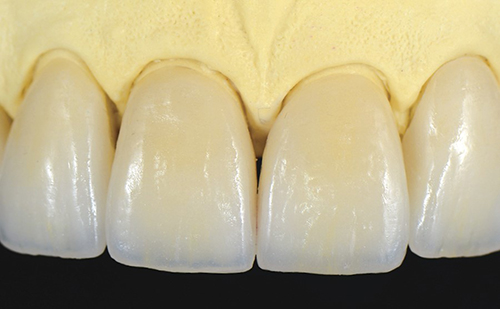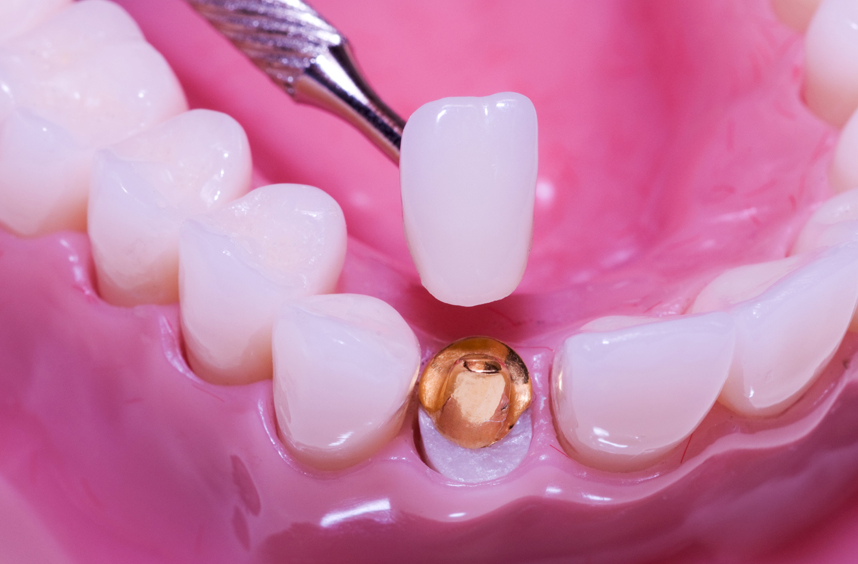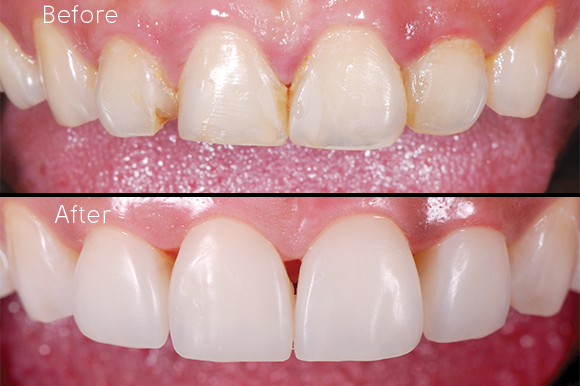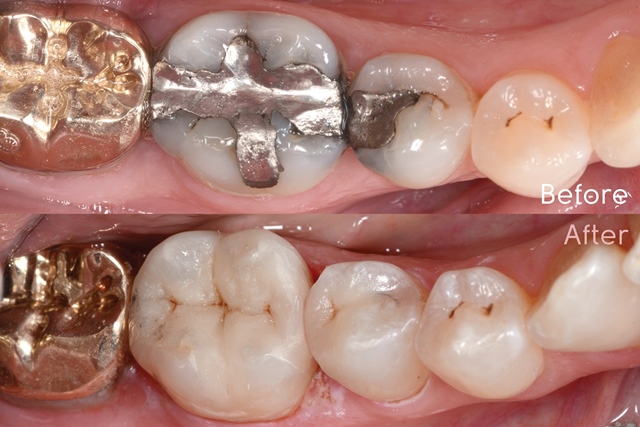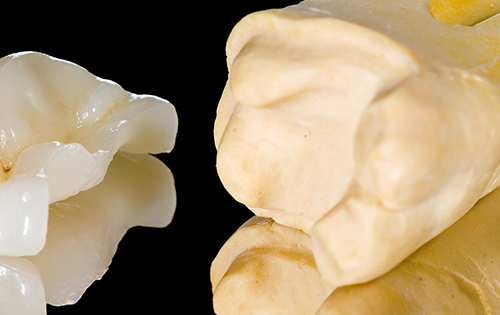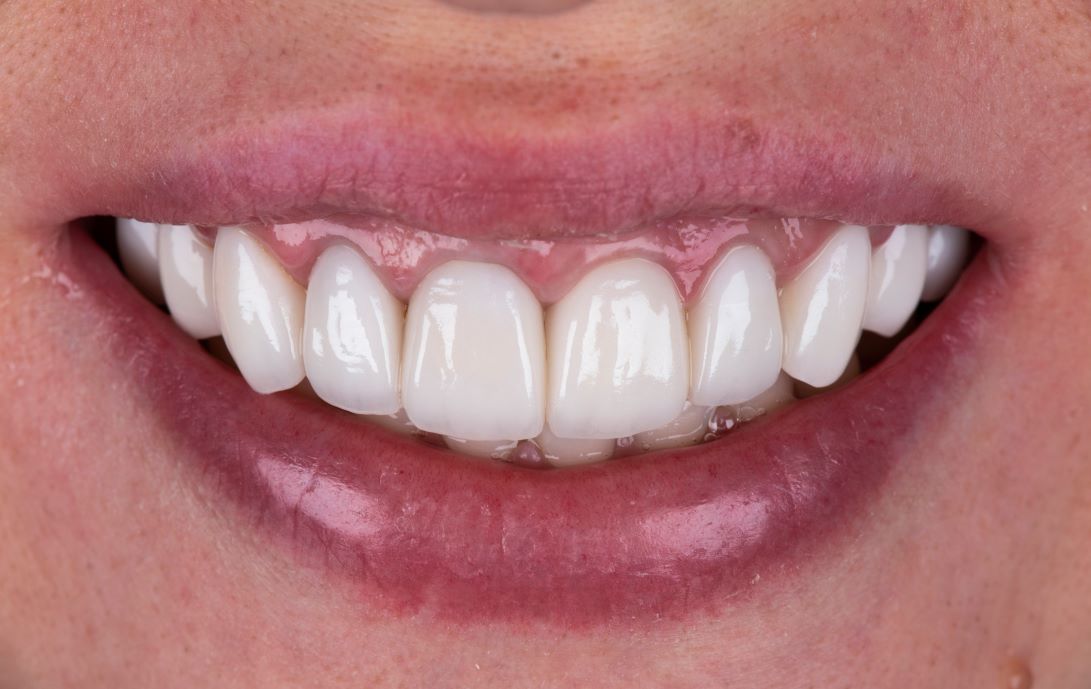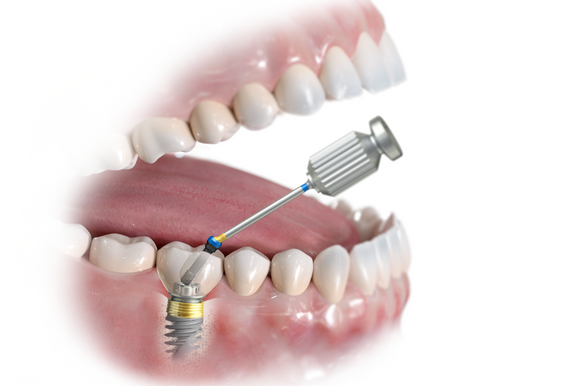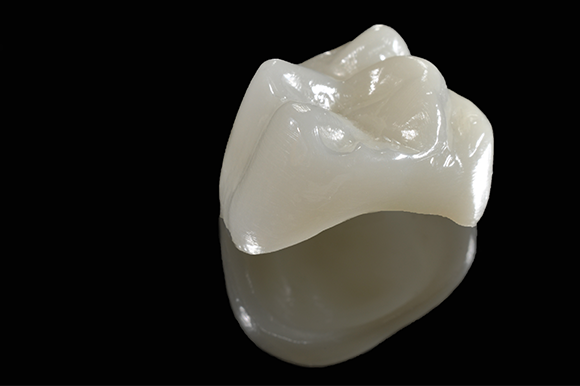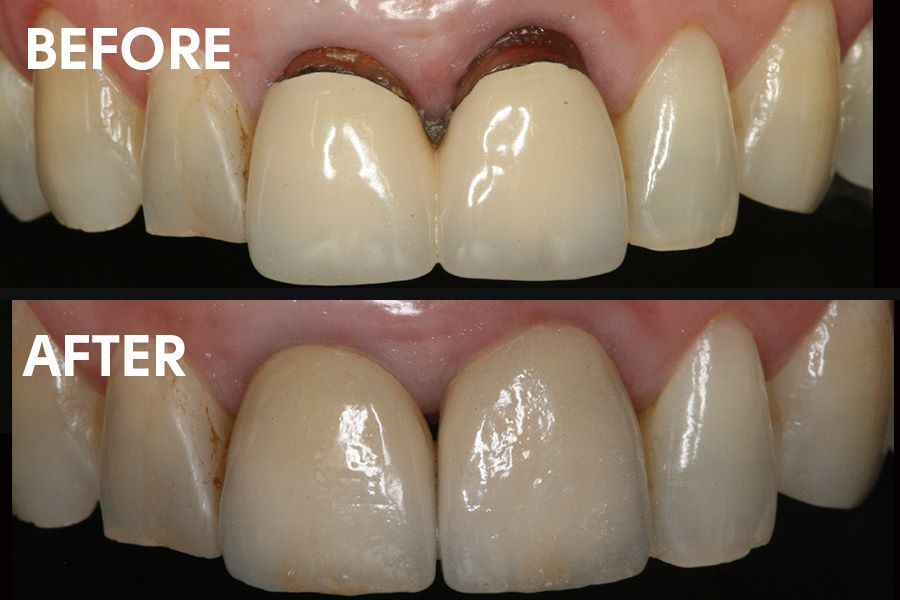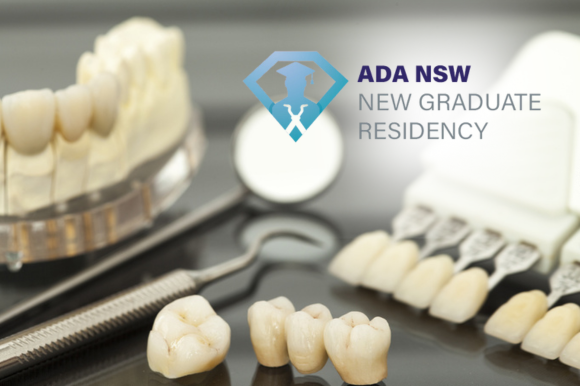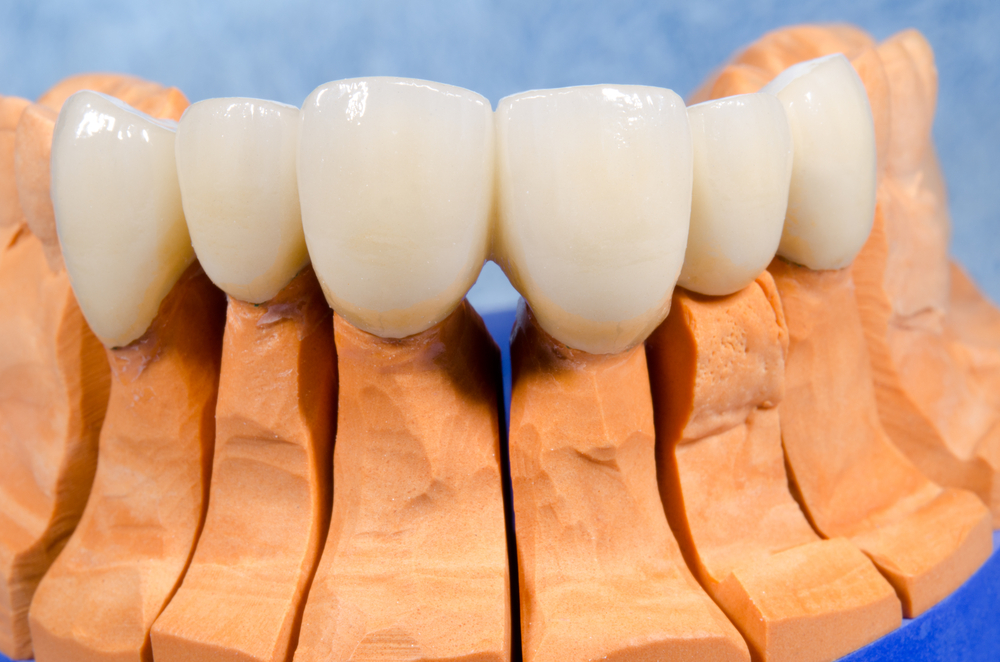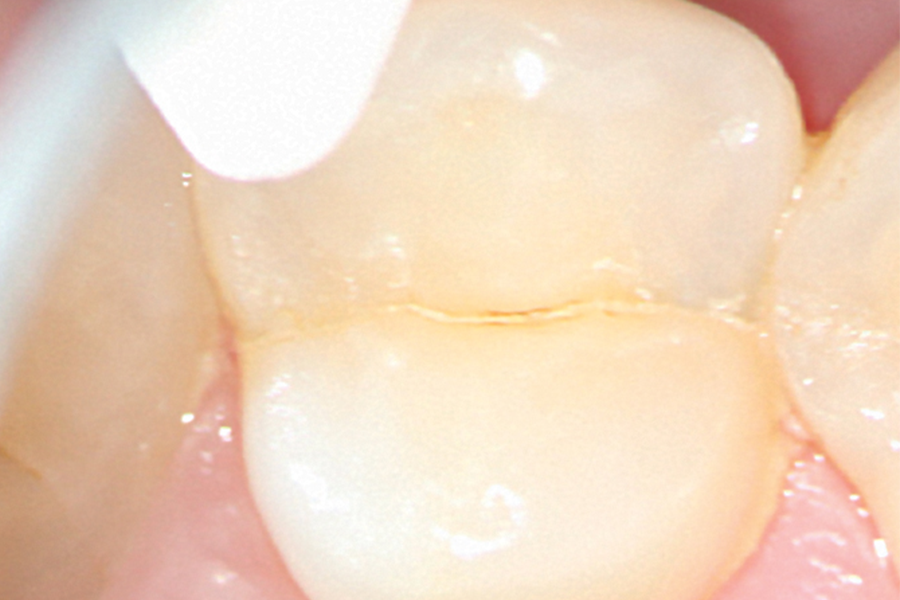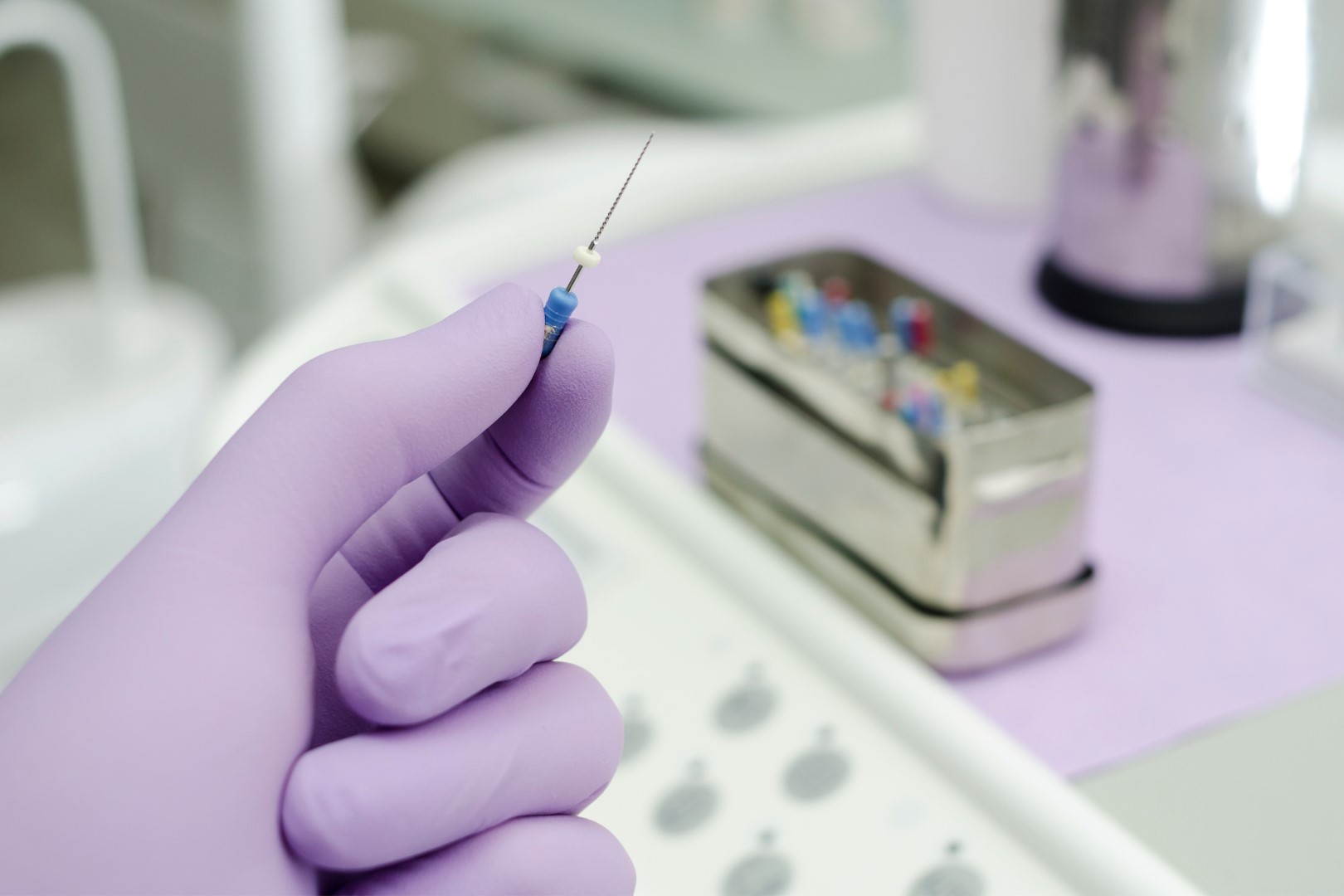Course summary
Endodontics can present various challenges to the clinician. These may include difficulty in diagnosis, treatment planning, pain management, Rubber dam isolation, access cavity preparation, negotiation of curved/calcified canals, disinfection, and obturation.
This course is designed for general dental practitioners who wish to gain more confidence in managing patients who require root canal therapy.
This workshop includes three days of lectures, demonstrations, and hands-on workshops on 3D models and extracted teeth highlighting the benefits of illumination/magnification like operating microscopes, ultrasonics, advanced rotary canal preparation, newer irrigation devices, three-dimensional obturation techniques/systems and materials to achieve a predictable coronal seal.
The workshop also includes case-based learning focusing on the diagnosis, treatment planning, and problem solving in non-surgical root canal treatment and retreatment.
Learning Objectives
- Develop integrated knowledge of root canal morphological variations, the concept of minimal invasive endodontics, and their impact on endodontic treatment outcomes in multi-rooted teeth.
- Understand the concept of the role of biofilms in Endodontic infection and its eradication.
- Perform non-surgical root canal therapy using a rotary system.
- Identify possible outcomes of root canal therapy of multi-rooted teeth, as well as the need for future supportive care, prevention, and maintenance.

